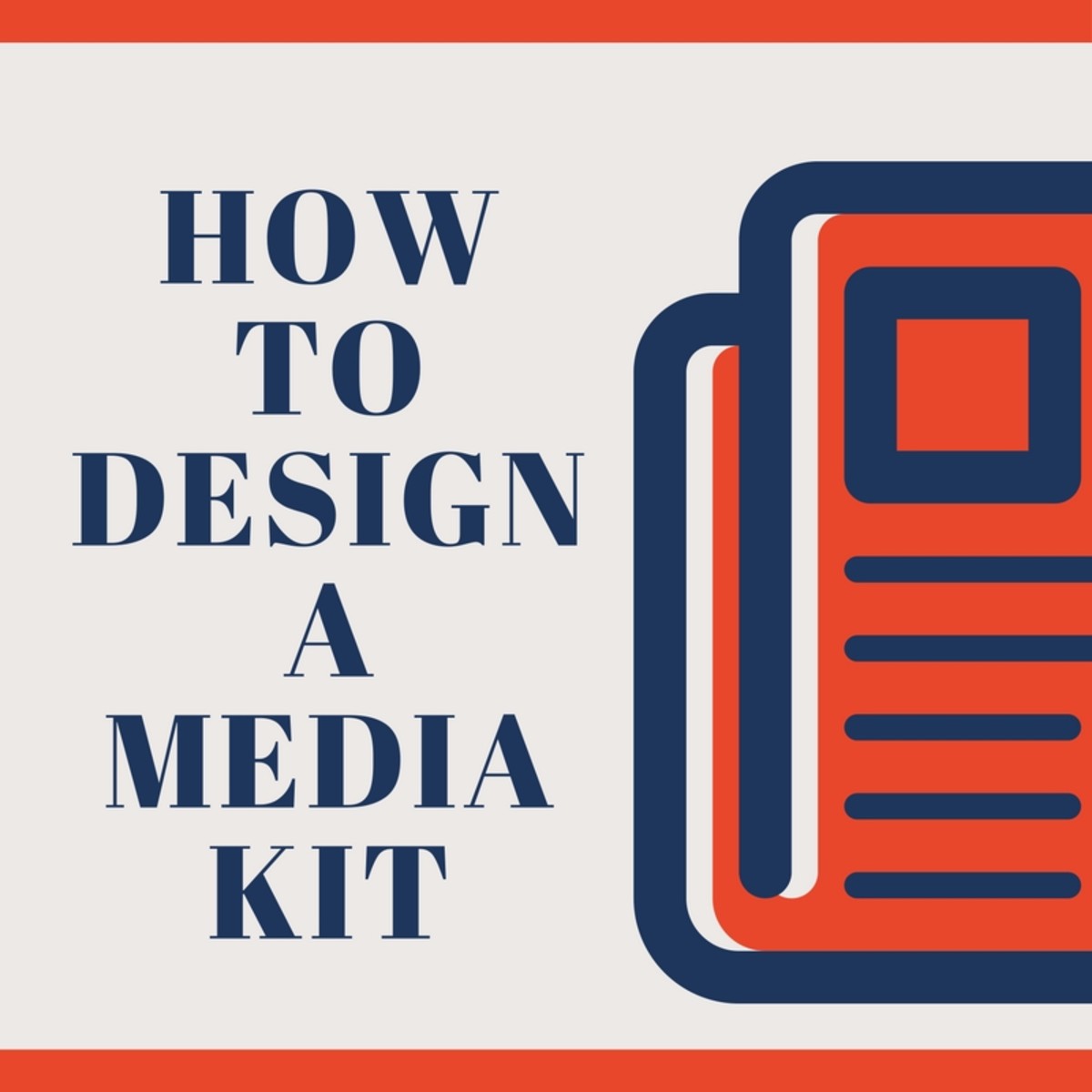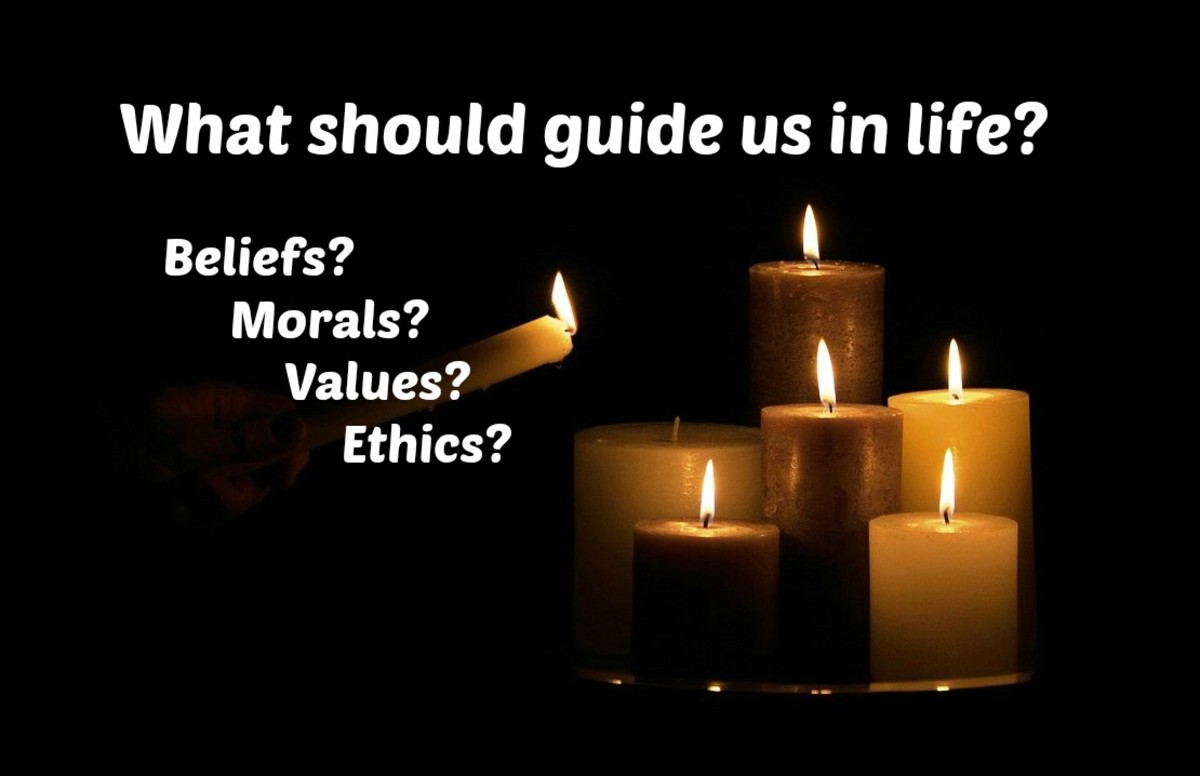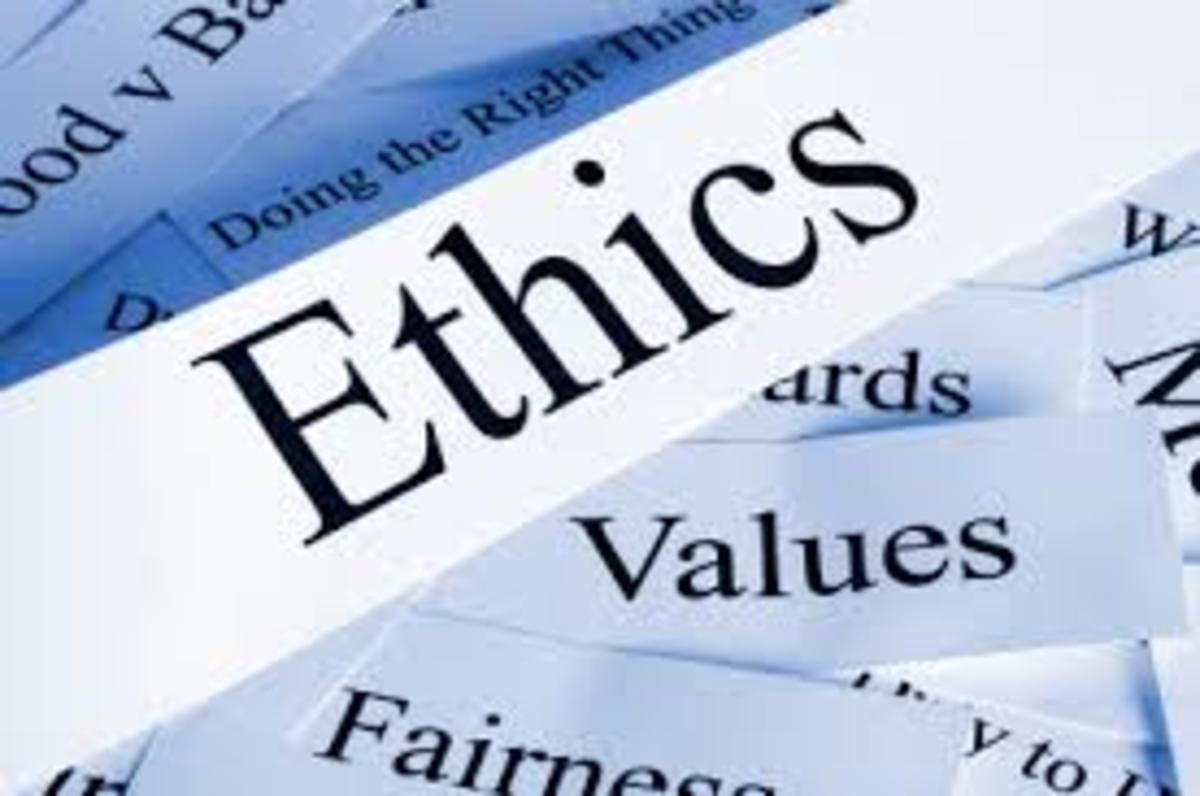Media Copyright Laws and Ethics
The Terms of Honesty in the Digital Media World
Copyright laws were created to protect the artist, but are they ethical in a day when movie production companies demand an exorbitant amount of money from the consumers? We might as well ask if the Microsoft monopoly is ethical: it doesn't matter because it legally exists. Then is it enough to say that the law is the law and leave it at that? The consumer now has the power to make copies of movies, and also distribute and illegally download movies from any number of pirate websites. And there has been such a surge of illegitimate distributing, that it competes directly with the major producers. This is why alternative forms of selling motion picture products has emerged in the last few years such as Hulu and other forms of watchable online media content.
Is it fair to say then that if enough people break the law so much that the act cannot be punished or controlled, that it is actually legal to break the law? This is what is happening with illegal downloading. Hollywood responded by providing a cheaper means of watching content, thereby condoning an illegal practice. Could this also be why computer software products are so expensive? If that's the case, we have to admit that passing the cost of theft to law abiding people is highly unethical. If we were talking about insurance, I would have no problem with carriers raising their rates in response to conditions that increase the potential of paying out. What I do have a problem with is that trying to get your money from a claim is like pulling teeth.
But does dealing with an unjust entity give us the right to be dishonest as well? To fight back? I don't think so. Maybe there are times we are justified in tricking our enemies, but I would reserve those times to when someone is holding a gun to your head. No one is holding a gun to your head to force you to own a movie, or a cell phone for that matter, (also famous for including hidden charges). Of course one response is that stealing from a large corporation doesn't hurt anybody, so it‘s okay to steal from them because they can afford it. We can probably agree that is true it doesn‘t hurt anyone. But if we were to give in to that line or reasoning, we would have to also do away with a capitalist economy because you then become someone who backs redistribution of wealth. Movies cost a lot to make, even if we eliminate the actor's and producer's salaries. Is it fair to tell those people that they do not deserve the money they worked so hard for? No doubt they have large mansions and lay around the pool all day long, but their work is very specialized and cannot easily be attained by the rest of us grunts. Yes, Hollywood is full of fakes, some belong there and some don't, but as far as the work itself goes, how can we make a judgment call about whether or not they should make the money they are making?
Personally, I think Hollywood needs a huge shake-up, just like the government. Like turning a man upside down to shake all the cash out of his pockets. Hollywood needs to be leveled and rebuilt by poor artists. Of course the same money grubbing immoralists that ran it before would slither right back in and take over again. But I digress.
There is nothing wrong with the art of making movies, and I think it is important to recognize the value of professionally made entertainment in our lives. When looking for a particular song to download off the internet, if I do a search on Google, a myriad of choices are presented to me to download the song for free. But I always look for the artist's home page and look for ways to pay for the song. It's only a buck. If I absolutely cannot buy it, I might resort to asking someone for it. My feeling is that it is out there to listen to, therefore I should be able to obtain it from the artist. If it is not available through conventional means, that means the artist does not care if he or she makes money off of it, leaving me free to take advantage of other sources.
Perhaps I am smooth talking myself into stealing, but I have done what I can to compensate the artist. It's like finding a twenty dollar bill on a deserted street. If you leave it, someone else is going to pick it up. The original owner is very unlikely to know they lost it and come looking for it at that particular spot, so it's yours now. Is that wrong? I don't think so, although it might be worthy to consider donating that money to a local shelter. Of course that means that maybe when I can't find a way to purchase music I want, perhaps I should find the artist's address and send them a check. Of course, when their agent opens the envelope, he will invariably file paperwork to sue my pants off.
The ethics of our world make it hard to be ethical in return, but perhaps we should consider whether or not we need that item that tempts us to lie and steal. I will copy music and give it to my mother, my brothers and my friends because I feel that is reasonable and it is not clear to me whether or not it is illegal. Making the same music or movie available for millions of strangers to download is definitely wrong, now you are mass distributing material that can reach millions of potential consumers who now won't buy anything.
It's easy to think that because we have the software and that the medium is predisposed to copying, that makes it right since we own both the material and the programs necessary to do so. But I think the answer to that is quite simple. If you own a weapon and a ski mask, does that make it ethical and legal to rob a store or bank? Of course not. The comparison seems ridiculous because a bank robber has a higher chance of hurting someone and getting caught, but just because the risks increase, doesn't change the ethics involved. Modern technology is merely the weapon that allows ordinary people to become acceptable closet criminals.
I will concede that there are moral dilemmas involved on the side of the consumer when it comes to the matter of law. But I recommend giving the entire scope of the problem deep thought. Laying aside the law and the confusion that surrounds it, what is the right thing to do? First for you, and second for the creators of the art that you enjoy. It doesn't make sense to steal from them when we love their work that much. I say use your brain and your heart and make a decision that's fair. One possible solution if you were to download movies for free, is that if you might choose to buy one movie per ten that you download for that same company. Personally, the laws regarding movie distribution are clear enough and I won't do it. Besides, isn't better to support your local theater or band rather than steal from people you'll never meet to watch a movie inside your home where you don’t interact with anyone?








